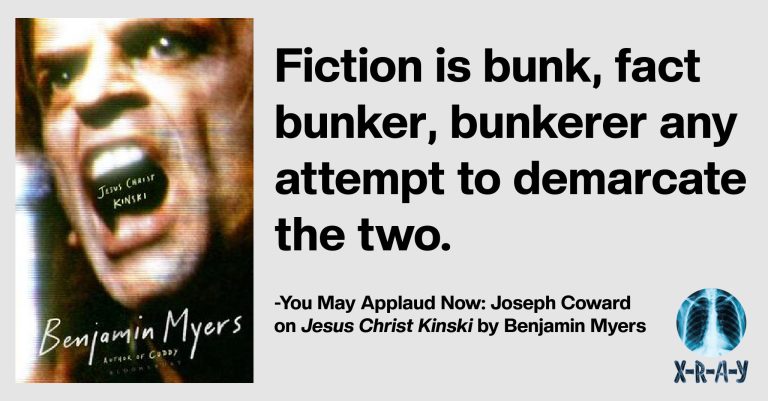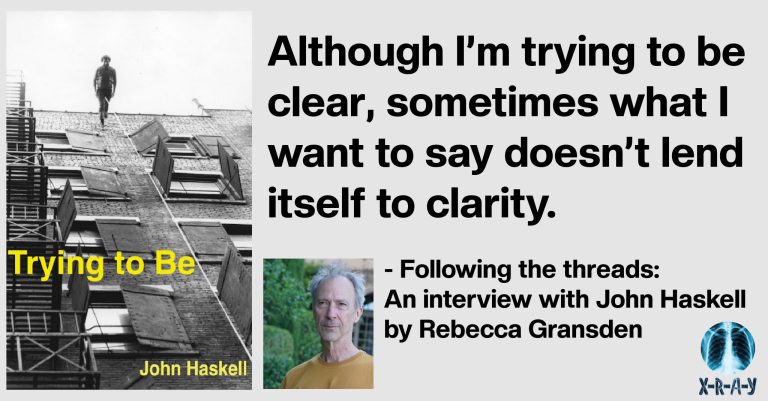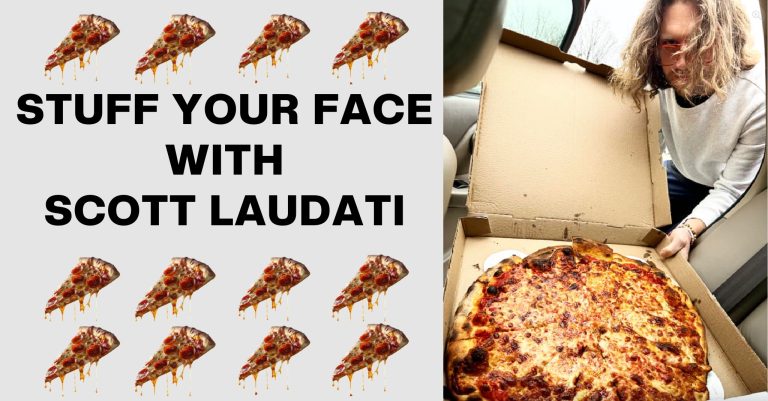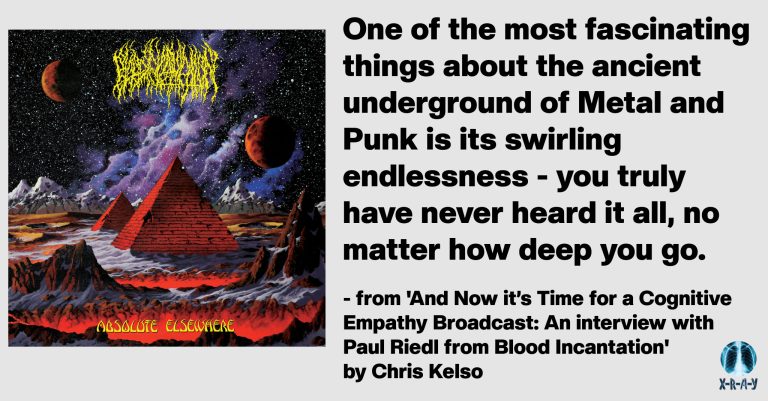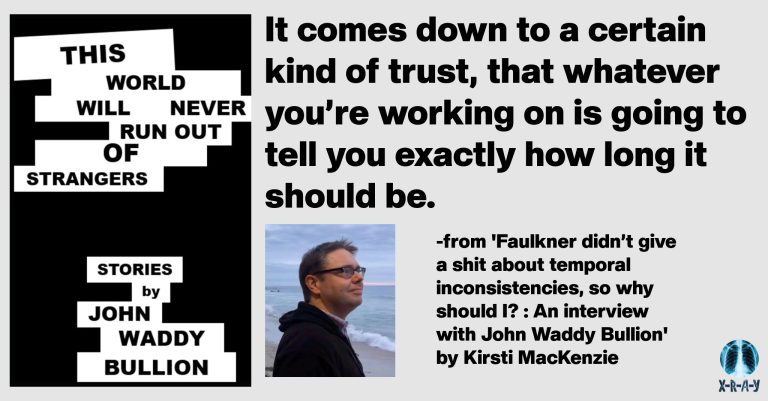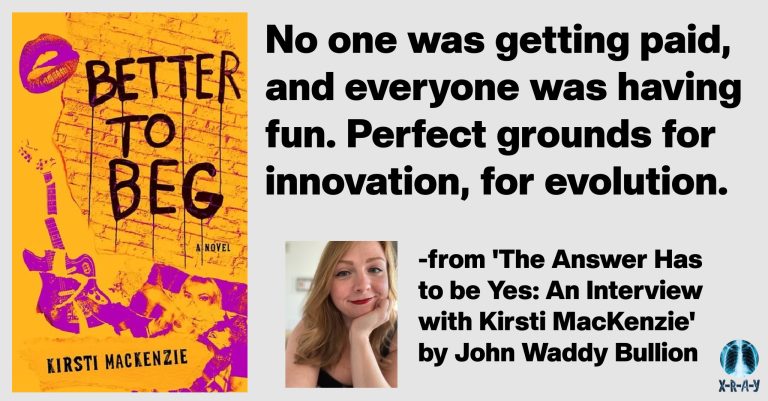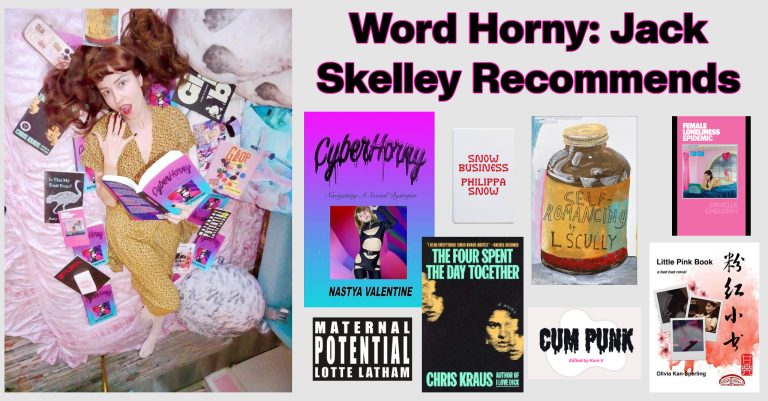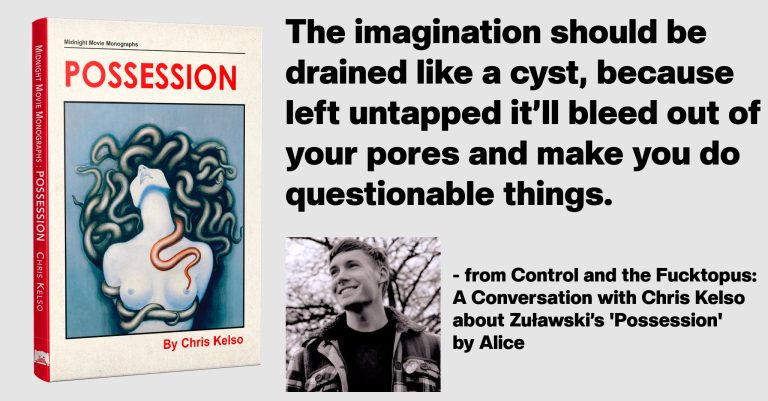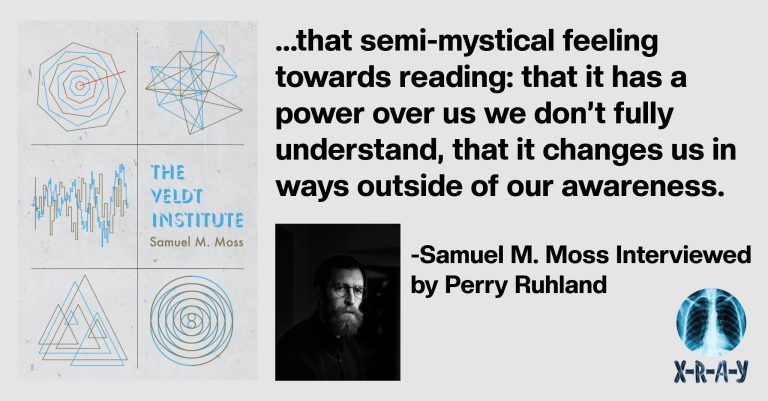
Samuel M. Moss Interviewed by Perry Ruhland
In Samuel M. Moss’ debut novel The Veldt Institute (Double Negative Press, 2025), anonymous patients seek the cure for their own ineffable malady. Their treatment is conducted on the grounds of the titular institute, some strange cross between an abbey and a sanatorium, where their philosopher-doctors prescribe a wide range of strange and specific activities. Reading this great book, and particularly the accounts of these treatments, prompted me to take long walks, sit by the lake, and stare at my ceiling. I asked Samuel M. Moss about some of the practices behind the cures. Perry Ruhland: One of the

